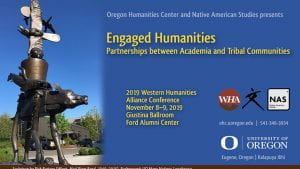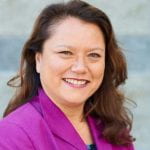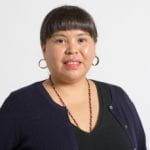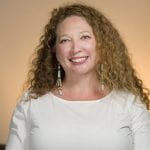
OHC and Native American Studies Program host conference on partnerships between academia and tribal communities
Humanities scholars, universities, and centers across the West are increasingly thinking about ways to expand institutional strengths and resources for the benefit of the public good, what many are now calling the “Public Humanities.”
Centered around three thematic axes—Climate Change, Sovereignty, and Place—the 2019 Western Humanities Alliance conference will explore the challenges and opportunities of such work as it relates to partnering and collaborating with the First Peoples and Nations of the lands our institutions occupy. The conference “Engaged Humanities: Partnerships between Academia and Tribal Communities” will be held November 8 and 9, 2019 at the University of Oregon in Eugene. The University of Oregon and the City of Eugene are situated on Kalapuya Ilihi, the traditional homelands and political territories of the Kalapuya peoples, whose descendants are now citizens of the Confederated Tribes of Grand Ronde and the Confederated Tribes of Siletz Indians.
Responding to the calls of scholars such as Linda Tuhiwai Smith to decolonize methodologies, archives, and institutions; to center Indigenous knowledge, culture, and voices in contemporary work; and to improve relationships with and responsibilities to tribal communities, this conference will explore how institutions might more productively engage tribal communities based upon core principles of respect, reciprocity, consultation, stewardship, and service.
“Native American Studies and the Native Strategies Group are really excited to partner with the Oregon Humanities Center for this conference,” says Dr. Kirby Brown, Assistant Professor of English and Native American Studies. “As a public institution in a state with nine federally recognized tribes and whose existence is inextricably tied to histories of dispossession and colonial violence, the University of Oregon must continue to cultivate and strengthen ties with tribal nations. Making space for Indigenous scholars, filmmakers, performers, community members, staff, and students to come together and share the important work going on at our institutions and across our communities is one way to honor those commitments.”
Featured keynote speakers include Fawn Sharp, president of the Quinault Indian Nation, and Clarita Lefthand-Begay (Diné Nation), University of Washington professor, who will give the Climate Change and Indigenous Peoples lecture; and Mishuana Goeman (Tonawanda Band of Seneca), UCLA professor of American Indian Studies, who will speak on “Beyond Settler Apologies: Land Grant Institutions and Indigenous Futurities.”
In addition, numerous native scholars, community members, and tribal leaders will participate in ceremonies, panels, a concert reading and discussion of the play Salmon is Everything by UO Theatre Arts Professor Theresa May, and a film screening and discussion of the social justice documentary Promised Land. The film documents the struggle for federal recognition by the Chinook and Duwamish tribal nations. Filmmaker Sarah Salcedo will participate in the discussion.
Partnering with University of Oregon’s Native American Studies program, the Oregon Humanities Center will host the 2019 Western Humanities Alliance (WHA) conference. WHA, a consortium of regional universities’ humanities centers and institutes, promotes innovative research in humanistic fields relating to current social, cultural, and scientific issues. The WHA emphasizes the importance of the humanities in the Western United States and Canadian provinces and is dedicated to the idea that humanities research has a central role to play in shaping the world of the 21st century.
The conference will take place in the Giustina Ballroom in the Ford Alumni Center, 1720 E. 13th Ave. on the University of Oregon Campus in Eugene on Kalapuya Ilihi. The event is free and open to the public. The conference-rate hotel is The Phoenix Inn Suites, 850 Franklin Blvd. The WHA room block is available until October 7. More information and the complete program.


